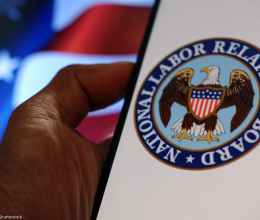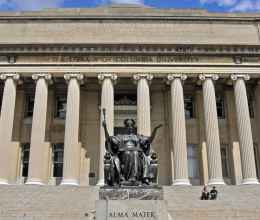
This op-ed was first published in Tallahassee Democrat.
A free society is one where its people can live their lives and prosper without government intrusion. The notion of a “Free State of Florida” touted by Gov. Ron DeSantis is increasingly ironic, particularly when it comes to the rights and protections of children.
After vulnerable children spent a summer being deprived of federal funding for free meals, which DeSantis rejected, students returned to schools marked by metal detectors, bathroom surveillance, and teacher shortages. In these hostile holding pens that no longer resemble educational havens, faculty lack tools to address racism, sexism, homophobia, and xenophobia—a result of this administration’s declaration that systemically targeted communities deserve no protection, but white fragility and historical ignorance do.
This reality facing the unfree children of Florida is compounded by government intrusion into educators’ academic affairs. Florida has become the epicenter of the new lost cause that seeks to erase and edit Black and LGBTQ+ history through the book ban movement, with more than double the number of challenges and removals than any other state in the nation.
Such disregard for the well-being of our children has most recently escalated in Escambia County, where the School Board attempted to depose a 7-year-old student in a lawsuit over book bans. Escambia County is facing federal lawsuits brought by PEN America, Penguin Random House, authors, and parents, challenging the removal of nearly 200 books from school libraries. These books were not pulled based on educational merit, but rather because a vocal minority, empowered by state leadership, does not like their content. Reducing the breadth of books available in school libraries shrinks the world for students and limits the exploration of ideas and viewpoints.
The Escambia County School Board’s insistence on deposing a 7-year-old child is a tactic designed to discourage students from defending their rights and standing against censorship. In a case in which the harm of censorship can be articulated by other witnesses, including the child’s mother, subjecting a young child to the harshest litigation tactics is not a legal necessity, but rather strategic intimidation.
Witnessing school districts that should prioritize the best interest of children use such tactics, while the governor pushes extreme policies that roll back protections for minors, is demoralizing. These actions collectively make our state “free” only for those who align with and profit from its restrictive ideologies. Meanwhile, children and other vulnerable groups facing more government control and diminished rights are free only to do as they are told.
Rolling back child labor protections exposes minors to exploitation. Introducing chaplains in schools subjects young people to religious coercion. Additionally, erasing contextualized Black history from educational curricula particularly harms Black children, denying them the opportunity to learn about their heritage, the significant contributions of Black Americans to our nation’s evolution, and the structural and systemic racism that continues to deny them the full rights and privileges of citizenship.





